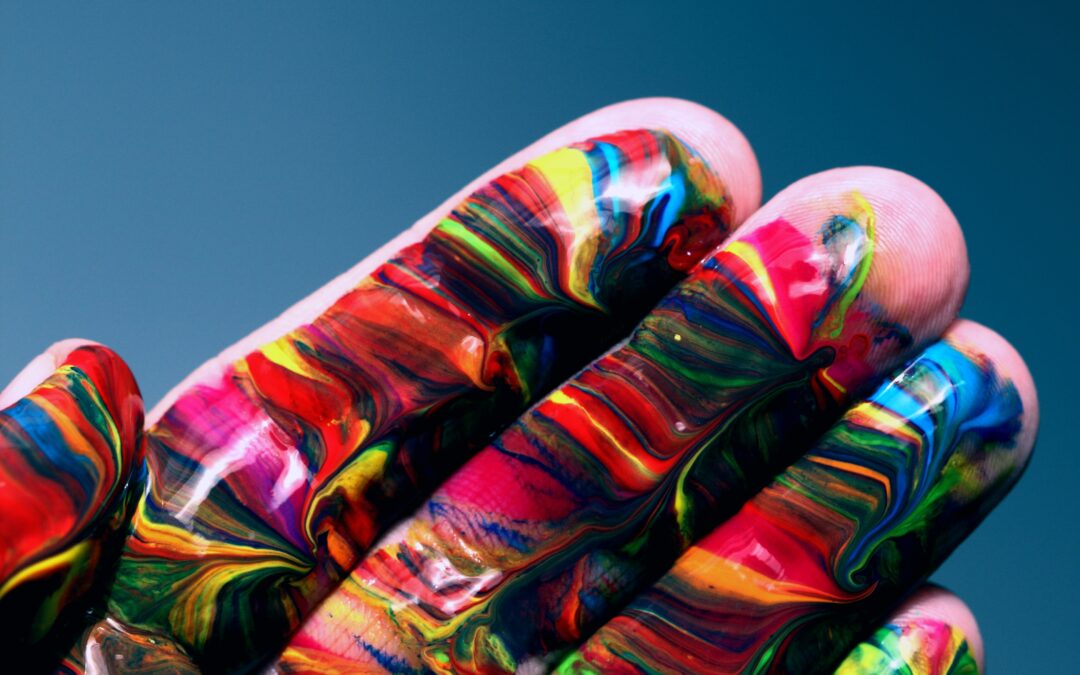By Sophie – Writer for 72gender.com
We talk a lot about transitions. Hormones, surgeries, names, pronouns. All of these are important, powerful, and often life-saving steps for transgender people. But today, I want to talk about something deeper: what it really means to be transgender—beyond medical timelines and checklists.
Because while transitioning is often the visible part, being transgender is so much more than what others see.
“When Did You Know?”
That’s the question trans people get asked the most. And the truth? There’s rarely a simple answer. For some, the awareness comes early. For others, it’s buried under years of shame, social pressure, or simply a lack of language. And for many, it doesn’t arrive like lightning—but more like fog slowly clearing.
A friend of mine—let’s call them J.—once told me they didn’t “feel like a girl” or “feel like a boy” growing up. They just felt like themselves. But every time they were gendered, it felt… wrong. Not dramatically, not violently. Just quietly off. “Like putting on a sweater that almost fits,” they said. “But the seams always itch.”
That’s the kind of insight you don’t get from textbook definitions.
It’s Not Just About Dysphoria
Yes, gender dysphoria is real. And for many trans people, it’s painful and exhausting. But what often gets missed in public conversations is the other side of the coin: gender euphoria.
That moment when someone calls you by the right name for the first time. When you see a photo of yourself and finally recognize your own reflection. When you wear the clothes that make your body feel like home.
Being transgender isn’t just about escaping discomfort. It’s also about the joy of arriving in yourself.
Language Is Evolving—And So Are We
Words like “transgender,” “non-binary,” and “gender non-conforming” are more common now than ever. That’s progress. But sometimes, people outside the community treat these terms as fixed, like flags on a map. In reality, identity is often fluid—even for trans people themselves.
Some change their name twice. Others start hormones and later stop. Some use she/her at work and they/them with friends. These aren’t signs of confusion. They’re signs of exploration.
Being transgender isn’t a destination. It’s a relationship—with your body, your identity, and the world around you.
What Cis People Still Get Wrong
One of the most common mistakes I see? Assuming being transgender is rare. It’s not. It’s just that for decades—centuries—trans people had to live in silence. Now that more people are coming out, the world is finally noticing. But being noticed isn’t the same as being understood.
Another misconception: that being trans is “new.” But history tells another story. From two-spirit people in Indigenous cultures to hijra in South Asia to ancient Roman trans figures—trans identity has always existed. What’s new is the visibility, not the existence.
Healthcare and Harm: A Crisis Hiding in Plain Sight
Let’s be honest. The current political climate is terrifying for many trans people. Access to hormones is being restricted in some countries. Basic healthcare is delayed or denied. Trans youth are being targeted in public policy. And yet, at the same time, social media floods us with “transformation” videos, turning lives into before/after spectacles.
This gap—between actual lived experience and media narrative—is dangerous. Real transgender people are not viral content. They are students, parents, artists, truck drivers, teachers. They need stability, not spectacle. Rights, not reactions.
My Own Reflection
I’m not transgender. I write from the outside—but not from indifference. I write because I’ve witnessed the beauty and the burden. Because friends have cried on my couch and laughed in my kitchen, describing the terrifying joy of finally being seen.
I’ve also made mistakes—misgendered people, hesitated too long, asked questions that weren’t mine to ask. And each of those moments taught me something: allyship isn’t about knowing everything. It’s about staying open, listening deeply, and never assuming you understand someone else’s path better than they do.
Final Thought: You Don’t Owe Anyone a Finished Version of Yourself
To every trans person reading this: you are not a project. You are not a puzzle to be solved or a body to be fixed. You are a whole, evolving human being—worthy of love, care, and rest.
You don’t have to pass. You don’t have to explain. You don’t have to rush.
You just have to be. And that is enough.
With care,
Sophie
Writer for 72gender.com



